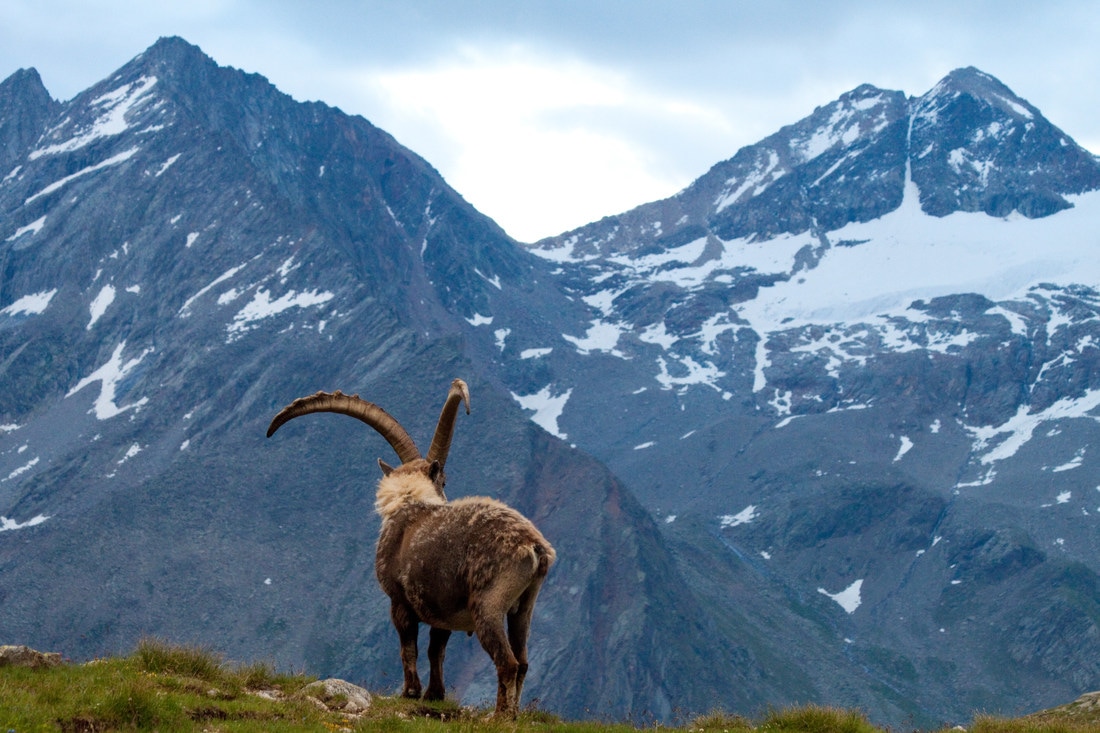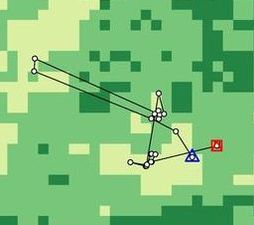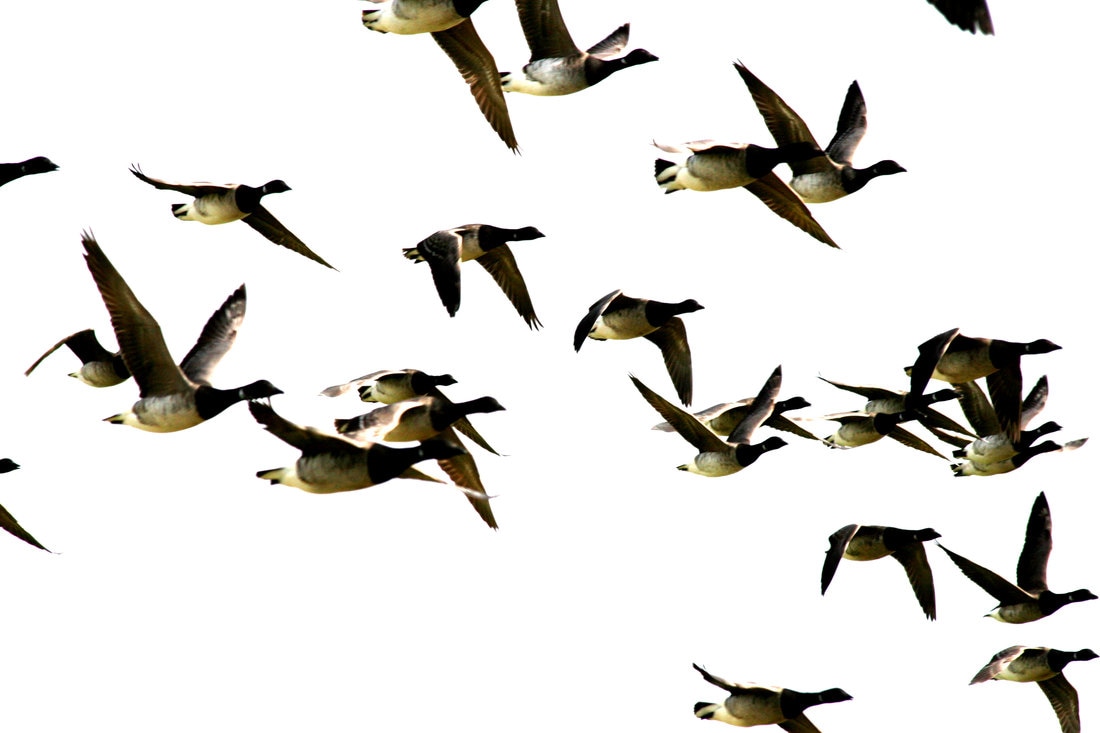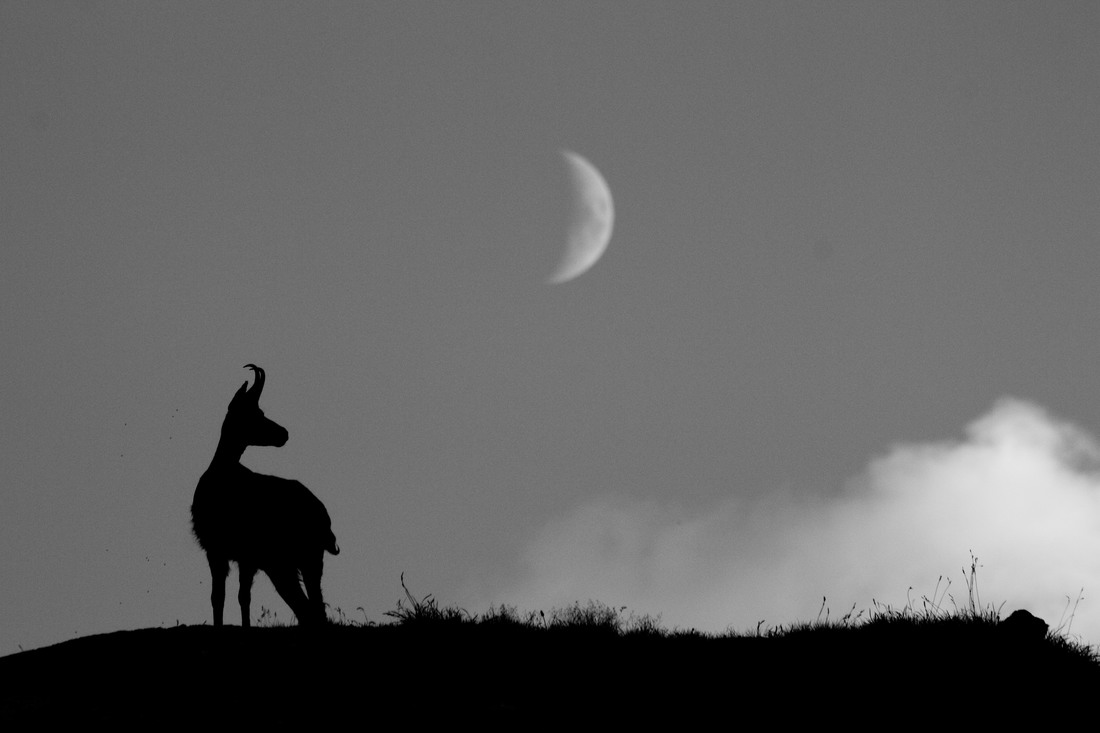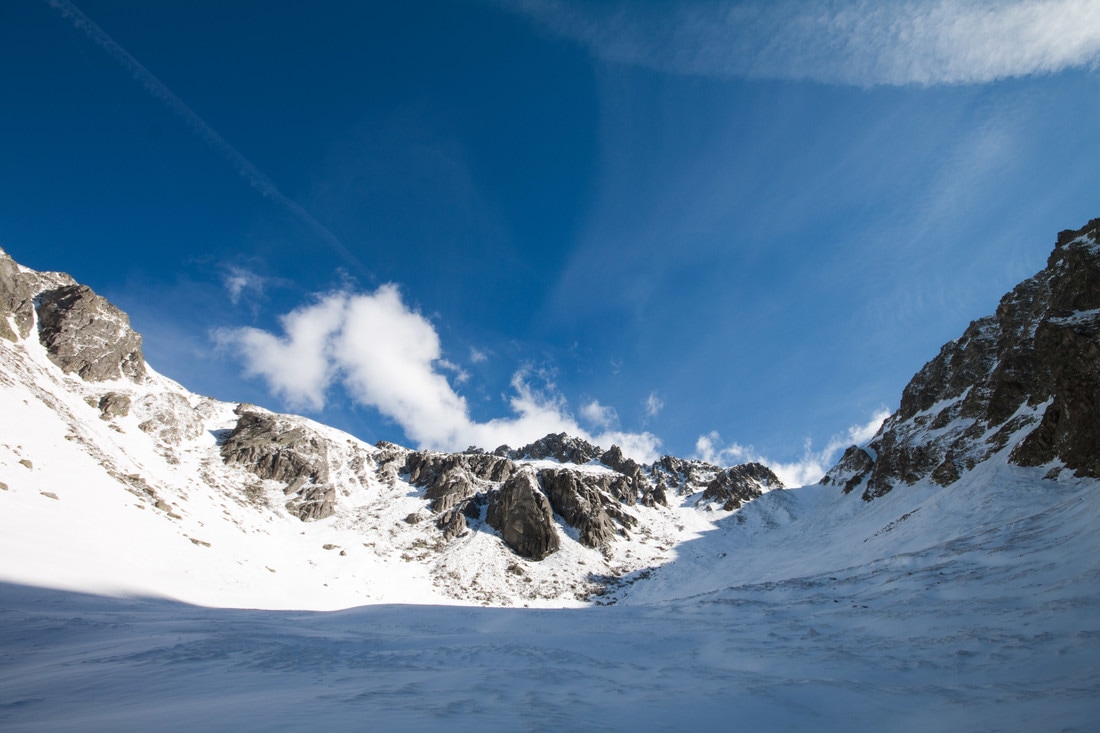
Tom Mason
I am interested in how wild animal populations respond to changes in their environment, resulting both from natural processes and human activities. Environmental change can affect animal populations in complex and unexpected ways, from disturbing the behaviour of individuals to altering the demography of populations. I collect and analyse long-term data in order to identify the drivers of such change. I use this information to identify conservation actions that can benefit animal populations, while allowing coexistence with humans. For my current project I am investigating the role on past human activities in restricting the distributions of European birds, with the goal of developing a more complete understanding of their conservation status. Position: Postdoctoral Research Associate
Supervised by: Prof. Stephen Willis Membership: Behaviour, Ecology and Evolution Research (BEER) Centre British Ecological Society (BES) Contact Details: Department of Biosciences, Durham University, South Road, Durham, DH1 3LE. Email: [email protected] Education
2009-2013 PhD Biology, Durham University, UK 2008-2009 MSc Conservation and Biodiversity, University of Exeter, UK 2004-2007 BSc(Hons) Zoology, University of Bristol, UK Publications
Mason, T.H.E.*, Pollard, C.R.J.*, Chimalakonda, D., Guerrero, A.M., Kerr‐Smith, C., Milheiras, S.A.G., Roberts, M., Rodrigue, P., & Bunnefeld, N. (2018) Wicked conflict: Using wicked problem thinking for holistic management of conservation conflict. Conservation Letters *equal contribution Cusack, J. J., Duthie, B., Rakotonarivo, S., Pozo, R. A., Mason, T. H.E., et al. (2018) Time series analysis reveals synchrony and asynchrony between conflict management effort and increasing large grazing bird populations in northern Europe. Conservation Letters Mason, T. H. E., Keane, A., Redpath, S.M., & Bunnefeld, N. (2018) The changing environment of conservation conflict: geese and farming in Scotland. Journal of Applied Ecology 55:651–662 Zhao, Q.*, Mason T.H.E.*, Azeria, E.T., Le Blanc, M.L., Lemaître, J., Barnier, F., Bichet, O., & Fortin, D. (2017) Robust predictive performance of indicator species despite different co-occurrence patterns of birds in natural and managed boreal forests. Forest Ecology and Management 397:108-116 *equal contribution Mason, T. H. E., & Fortin, D. (2017) Functional responses in animal movement explain spatial heterogeneity in animal-habitat relationships. Journal of Animal Ecology 86,:960–971 Mason, T. H. E., Brivio F., Stephens, P.A., Apollonio, M., & Grignolio, S. (2017) The behavioral trade-off between thermoregulation and foraging in a heat-sensitive species. Behavioral Ecology 28,:908–918 Mason, T. H. E., Apollonio, M., Chirichella, R., Willis, S.G., & Stephens, P.A. (2014) Environmental change and long-term body mass declines in an alpine mammal. Frontiers in Zoology 11:69 Mason, T. H. E., Stephens, P.A., Apollonio, M., & Willis S.G. (2014) Predicting potential responses to future climate in an alpine ungulate: interspecific interactions exceed climate effects. Global Change Biology 20:3872–3882 Mason, T. H. E., Stephens, P.A., Willis, S.G., Chirichella, R., Apollonio, M., Richards, S.A. (2012) Intraseasonal variation in reproductive effort: young males finish last. The American Naturalist 180:823-830 Mason, T. H. E., Chirichella, R., Richards, S.A., Stephens, P.A., Willis, S.G., Apollonio, M. (2011) Contrasting life histories in neighbouring populations of a large mammal. PLoS ONE 6:e28002 |
